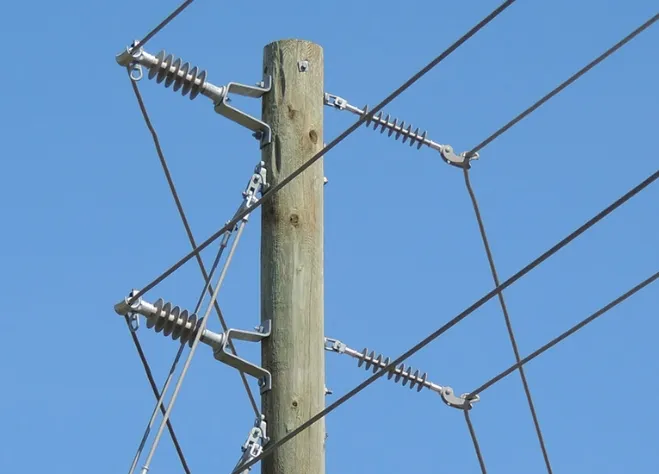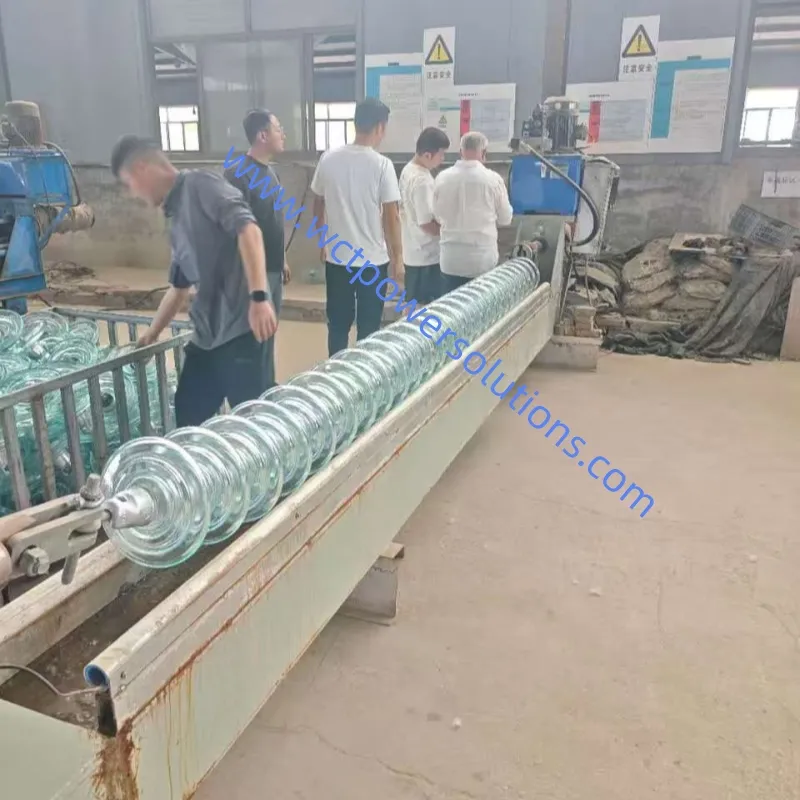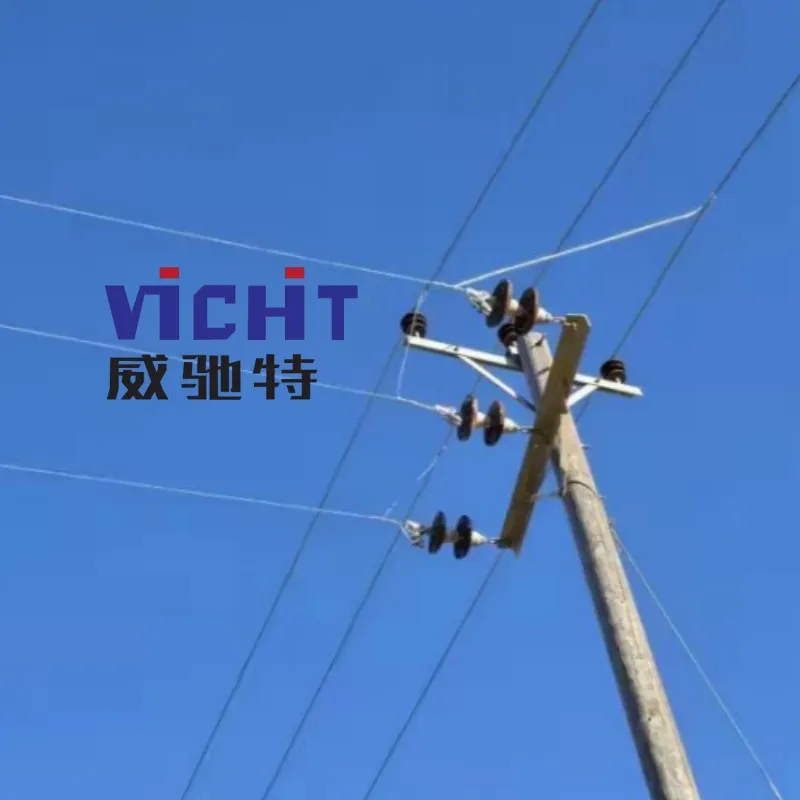What Every Power Procurement Professional Must Know About High-Voltage Insulators
As a procurement professional, contractor, or decision-maker in the power industry, have you ever felt overwhelmed when selecting high-voltage insulators? Faced with varying voltage levels, complex environmental conditions, and diverse international standards, how can you make reliable and cost-effective procurement decisions? At Shandong W
eichite Electric Technology Co., Ltd., we tackle these challenges daily alongside our global clients. Today, we share key insights to help you make smarter choices when procuring high-voltage insulators.
I. What Are the Main Types of High-Voltage Insulators? How to Select the Right Type?
High-voltage insulators are typically categorized into three types: ceramic insulators, glass insulators, and polymer composite insulators. Each type offers distinct advantages:
· Ceramic Insulators: With a long history, they offer high mechanical strength and are suitable for transmission lines and substations in general environments. However, they are relatively heavy and have weaker impact resistance.
· Glass Insulators: They exhibit excellent aging resistance and self-detonate upon failure, facilitating detection. They are ideal for areas with high pollution or humidity.
· Composite Insulators: Lightweight and highly resistant to pollution flashover, they are particularly suitable for harsh environments such as coastal areas, industrial pollution z
ones, or high-altitude regions. In recent years, they have become the preferred choice for many new projects.
Selection Recommendations: Comprehensive consideration is required for voltage levels (e.g., 69kV to 1000kV), environmental conditions (pollution level, humidity, UV intensity), and mechanical load requirements. For instance, in desert projects in Saudi Arabia, we recommend composite insulators to withstand sandstorms and high temperatures; whereas in rainy regions of Northern Europe, glass insulators may be more suitable.
II. Are Chinese-made high-voltage insulators internationally competitive?
Absolutely. After decades of development, China's power equipment industry has established a complete industrial chain and stringent quality standards. Taking Shandong Weichite as an example, our products comply with international standards such as IEC, ANSI, and BS, and have been certified by authoritative bodies like KEMA and CESI. The core strengths of Chinese manufacturing lie in:
· Cost efficiency: Mass production and supply chain integration deliver significant cost advantages without compromising quality.
· Technical adaptability: Flexible customization to meet localized requirements across different countries (e.g., US, European, or emerging market standards).
· Reliability Validation: Chinese high-voltage insulators have been extensively deployed in global projects like Belt and Road initiatives, African power grid upgrades, and South American transmission capacity expansions, proving their resilience across diverse environments.
III. What Key Performance Indicators Must Be Considered?
When procuring, never focus solely on price. The following performance indicators directly impact the long-term safety of power lines:
1. Pollution Flashover Performance: Particularly in coastal or industrial areas, pollution flashovers can cause large-scale blackouts. The hydrophobicity of composite insulators is a critical advantage.
2. Mechanical Strength: Must match line design tension (e.g., 70kN, 120kN, 160kN) while accounting for extreme loads like wind and ice loads.
3. Aging Durability: The silicone rubber material in composite insulators must resist UV radiation, chemical corrosion, and temperature fluctuations. Weichit employs high-temperature vulcanized silicone rubber (HTV SR) with inert fillers, achieving a service life exceeding 40 years.
4. Comprehensive Certifications: Verify third-party test reports (e.g., salt spray tests, steep wave impulse tests).
IV. Can you share some global application cases?
Certainly. Our products have been successfully deployed in multiple countries:
· Tanzania 33kV High-Voltage Project: Supplied composite insulators for the Dar es Salaam region, overcoming high humidity and salt spray corrosion with zero failures over five consecutive years.

· Algeria 110kV Transmission Project: Customized sand-resistant glass insulators for desert environments, reducing maintenance frequency and lowering client costs by 30%.
· Southeast Asia Distribution Network: Provided a combined ceramic and composite insulator solution tailored for multi-island environments, accelerating regional grid interconnection.

These cases demonstrate that Chinese high-voltage insulators not only meet stringent technical requirements but also deliver localized support and rapid response services.

V. Why Partner with Weichite?
Shandong Weichite Electric Technology Co., Ltd. has specialized in high-voltage insulator R&D and manufacturing for 15 years. Our core value lies in:
· Full-process quality control: Implementing enterprise standards exceeding IEC requirements from raw material selection to factory testing.
· Engineering support team: Providing complimentary technical consultation, on-site installation guidance, and fault analysis to optimize procurement solutions.
· Sustainable solutions: Achieving over 80% product recyclability and compliance with EU RoHS directives to advance green grid development.
We believe exceptional procurement decisions extend beyond product acquisition to selecting long-term partners. If you are evaluating high-voltage insulation suppliers, request our product catalog and technical white papers, or directly discuss project requirements with our engineering team.
--- Shandong Weichite Electric Power Technology Co., Ltd.
Email: 294582883@qq.com
Website: www.wctpowersolutions.com
Delivering reliable connections for global power grids—our unwavering focus since 2008.

